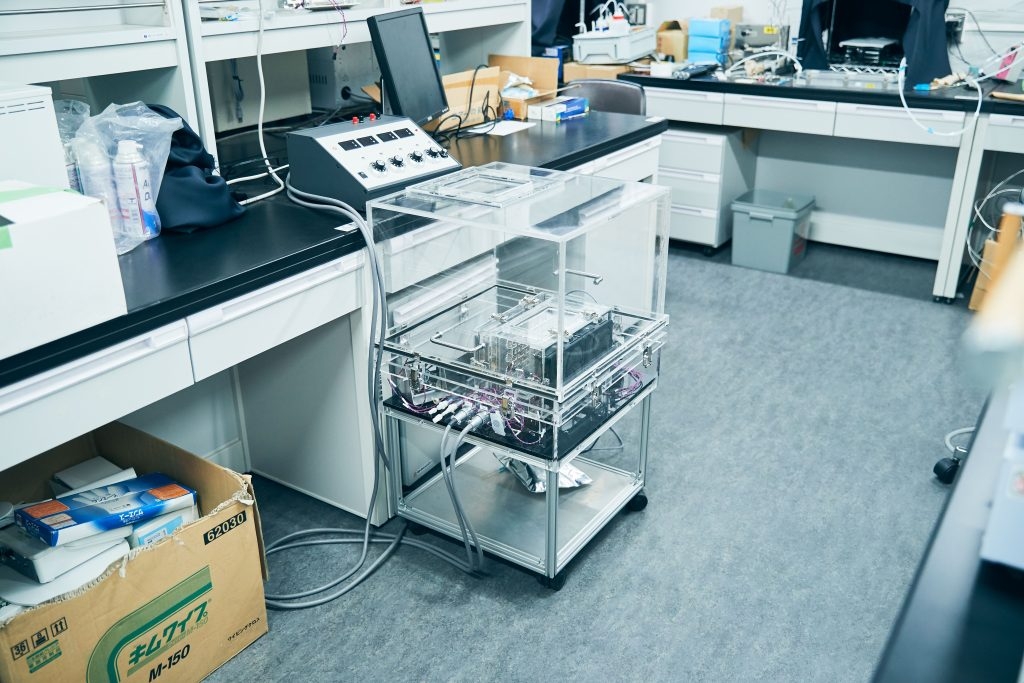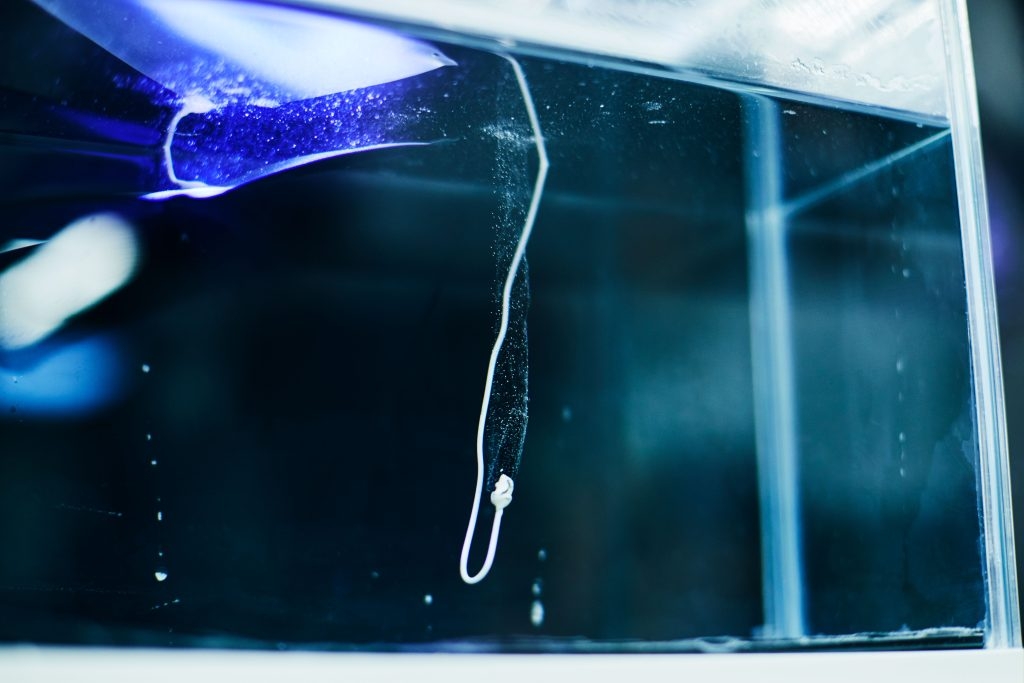Space is increasingly becoming a center of interest. Space development itself, of course, is nothing new. Compared to just five years ago however, there has been rapid growth in the movement that is seriously considering living in space. In response to these ambitions, the Research Center for Space System Innovation was created in April 2021 as part of the Research Institute for Science and Technology. Professor Kimura describes the motivation for opening the Research Center. “The U.S. has stated that by 2025 it will put a man on the Moon again. Work has also commenced on the Gateway project, a manned outpost that will orbit the Moon. Japan has announced its participation in these projects.” Many people at the Tokyo University of Science are researching useful technologies that can be taken into space. Activities are underway to actually bring these technologies to space.

The list of necessities to live in space is almost endless: clean air and water, food, health management, energy, etc. Active research into all of these items is going on at the Tokyo University of Science. However, none of these systems are as easy as they sound. Professor Katsumata, for example, is researching the application of photocatalysts to decompose and eliminate toxic substances in water and air. He is using this technology to build a next-generation air reclamation equipment for outer space. To put it simply, he is working to create a photocatalytic space system. Professor Katsumata details the difficulties: “The system must meet very rigorous conditions and specifications. There are materials and chemical compositions that we can use on Earth that are not allowed in space. There are a mountain of problems we must overcome, such as ensuring the equipment is compact and light as well as being very energy efficient.” Radical advancements in technology slated for space may, in turn, lead to better technology on Earth. This is why the Research Center for Space System Innovation’s concept is to strive for the betterment of life in space and on the ground at the same time.

Another benefit of the push to go to space is that space is an excellent place for proving actual sustainability. Professor Kimura explains the idea. “Systems must absolutely be sustainable if people are really going to live in an environment that is far more closed than any on Earth. Conversely, if we manage to build sustainable systems for space, they should be that much easier to design for Earth.” Meanwhile, Professor Katsumata, in addition to his work on air and water purification in space, is tackling the problem of marine plastic waste. “We are attempting to develop plastics that are sufficiently durable when used, but when disposed and washed out to sea, they will biodegrade under strong sunlight, thanks to the inclusion of an optical switch, to the point that they are not harmful to the body even if ingested. We believe such plastics will be usable in space too. Because we don’t want to cause plastic waste problems on the surface of the Moon.” Humans will not be able to live in space without highly advanced recycling and other means of maintaining their environment. Researchers appear to be proceeding one step at a time toward actually living in space, while keeping an eye on the future of the Earth.
■ Main research themes
■ Main research themes
■ Main research themes